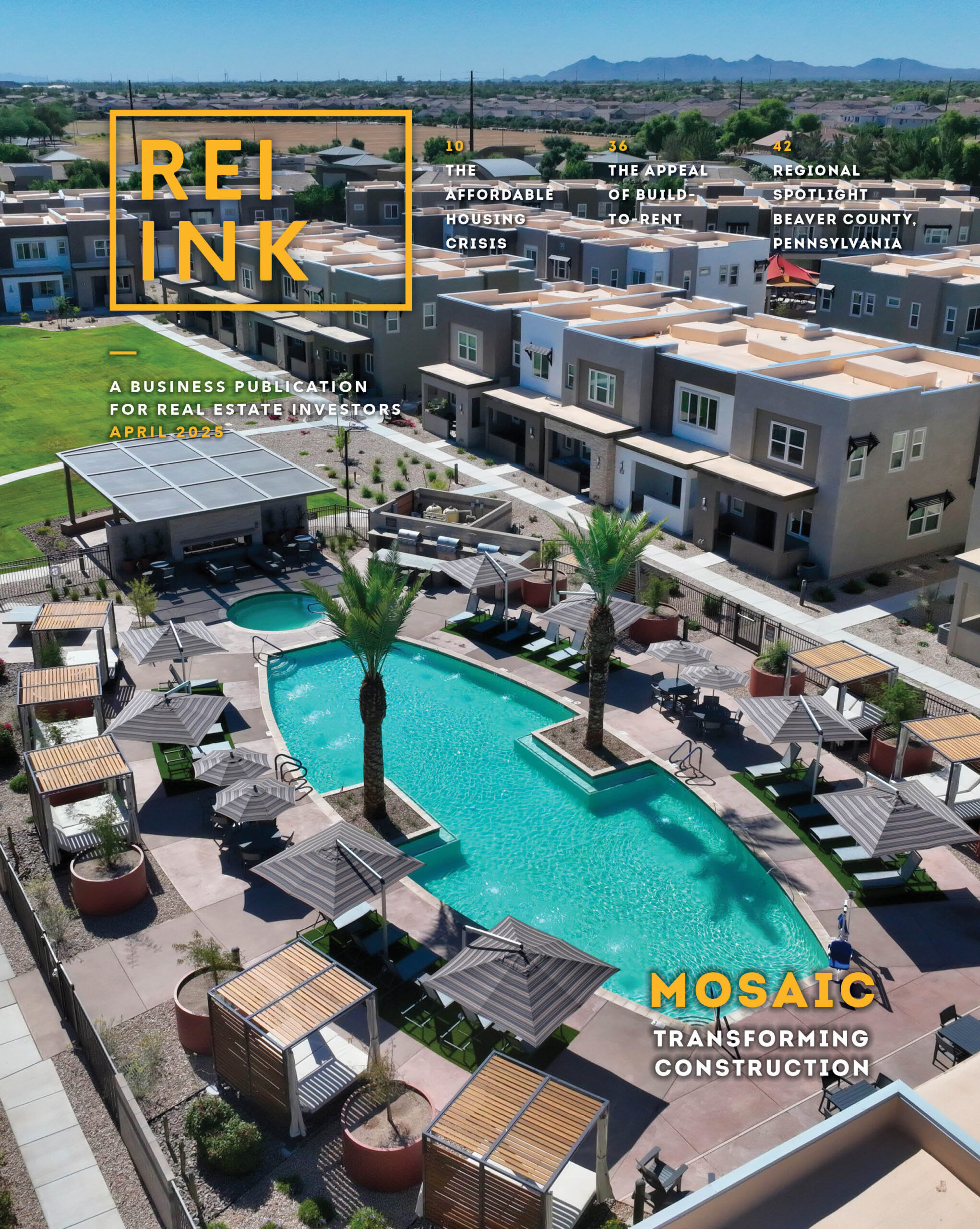More Than Three in Five US Consumers Would Consider Buying a Home at Auction
With the expiration of the foreclosure moratorium, more homes are expected to hit the auction market in the coming year – creating an additional option for consumers to purchase property, particularly while supply in the market is tight. ServiceLink, part of the FNF family of companies and the nation’s premier provider of tech-enabled mortgage services, unveiled data from a recent survey that shows a majority of consumers are open to achieving
Read More






